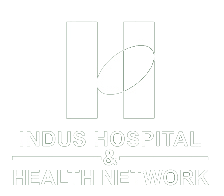
Working together for a
Healthier Sindh,
Healthier Pakistan
Indus Hospital & Health Network and Government of Sindh working together to make a Sindh & Pakistan healthier
IHHN & Government of Sindh Public-Private Partnership
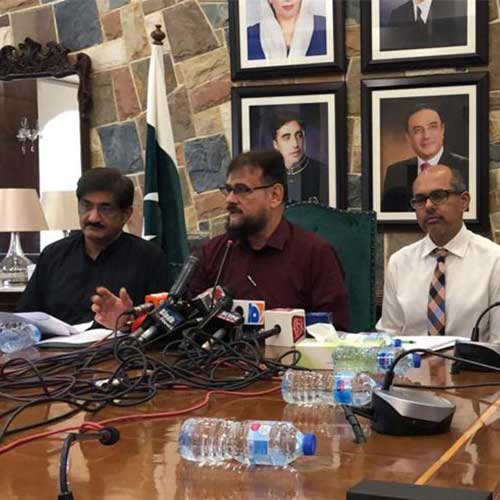
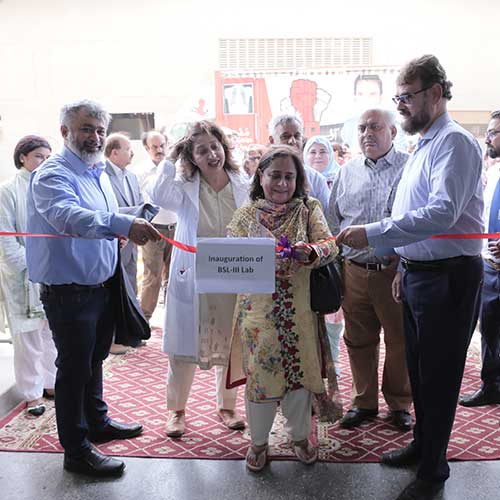
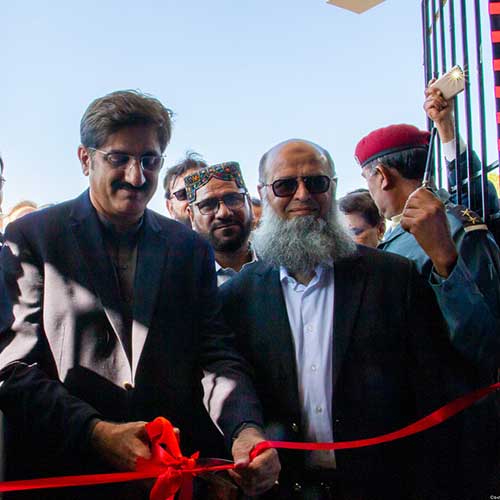
Achievements & Collaborations
Since the Indus Hospital & Health Network came into existence on the soil of Sindh, it has had a natural connection with the people of the province. The hospital started working through the support of common people and donation, however, soon it started collaborating with the provincial government through public-private partnerships.
The Government of Sindh (GoS) has a special focus on the betterment of citizens’ lives, especially on their healthcare. To materialize its vision of health for all, the Government has started supporting Indus by donating a generous amount of PKR 2 billion per annum. The donation was amplified by a grant for the grey structure of the new Indus Hospital. Appreciatively, the grant has helped Indus in completing the building much before its estimated time and the management of IHHN is grateful to the Honorable Chief Minister of Sindh, Syed Murad Ali Shah, Minister for Health, Sindh, Azra Fazal Pechuho, and Secretary Health, Syed Kazim Hussain Jatoi for their support.
The Sindh Government’s initiative to contract out government health facilities to private partners is based on the intent for quality and cost-efficient services. They have displayed a high level of commitment to improving the performance of the health sector and the health indicators of the province.
The Finance Department of the Sindh Government has implemented a large-scale PPP initiative with the IHHN. Health PPPs are organized under the oversight and accountability structures of a broader PPP initiative. A high-level PPP Policy Board, headed by the Chief Minister of Sindh, was created to formulate PPP policy in the province.
With the assistance and funding provided through partnering with the Government of Sindh, IHHN has expanded its network throughout the province and has made significant steps toward achieving its goal of providing quality and free healthcare to all.
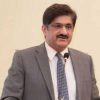
Syed Murad Ali Shah
Chief Minister of Sindh
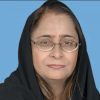
Azra Fazal Pechuho
Provincial Minister for Health, Sindh
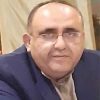
Dr. Kazim Hussain Jatoi
Dr. Kazim Hussain Jatoi
Since 2015, IHHN is managing the 300-bed District Headquarter Hospital, Badin. In 2018, the relocation of the campus took place, and presently all inpatient, outpatient, Emergency, and Day Care services are being carried out at the new campus.
After seeing the improved health indicators of Badin, the Government of Sindh and IHHN decided to take a step further by establishing the Physical Rehabilitation Center to help physically challenged people.
IHHN’s Regional Blood Center, Jamshoro supports four operational blood banks that are providing safe and screened blood to 800-bed Liaquat University of Medical & Health Sciences; a 700-bed Civil Hospital; and District Headquarter Hospital, Badin; and Civil Hospital, Thatta.
In February 2021, IHHN established a dedicated Pediatric Hematology and Oncology clinic at District Headquarter Hospital Badin to treat childhood cancer patients.
The Government of Sindh has played a revolutionary role in tackling the COVID-19 pandemic. It took prompt measures to control the virus by locking down the city, establishing new healthcare facilities, and upgrading the existing ones with the support of the Indus Hospital & Health Network.
The honorable CM sought IHHN’s expert advice by including Dr. Abdul Bari Khan in his Special Task Force. With their combined efforts, the IHHN was successful in implementing the following measures:
Indus Hospital & Health Network helped the Government of Sindh in setting up a 100-bed Quarantine Center in Dumba Goth. as well as a 120-bed COVID-19 Hospital in Gadap Town, and a 20-bed COVID-19 Unit in Badin.
IHHN was a major testing center for samples collected at government-run hospitals. It received samples from districts Thatta, Badin, South Karachi, West Karachi, Korangi, and Central Karachi. Indus is also helped in establishing the Expo center HDU.During the COVID-19 pandemic, IHHN helped the Government of Sindh set up a 100-bed Quarantine. Now all IHHN campuses are providing COVID-19 vaccination.
IHHN started a dedicated Clubfoot clinic at Taluka Hospital, Kandh Kot in 2020



